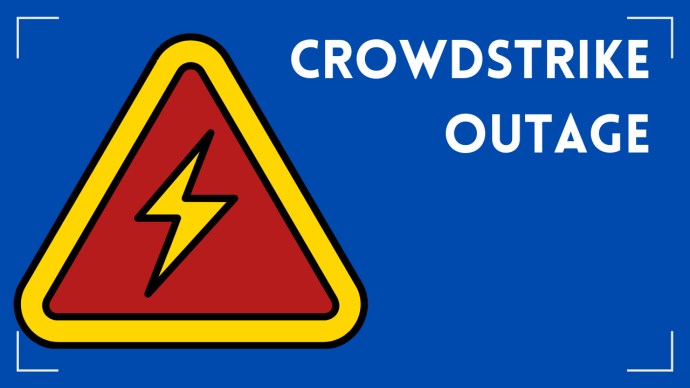If you accept credit card payments through your website or collect confidential information, then you’ll want to have an SSL certificate. Honestly, if you’re committed to the success of your business, then you must commit to protecting your clients’ privacy and their financial data by obtaining an SSL certificate for your website. Privacy is important to pretty much everyone, and hackers are always looking for lapses in security that will allow them to steal credit card numbers and/or personal information.
If you don’t already have one, you’re probably wondering what an SSL certificate is, what it does.
First of all, SSL stands for Secure Socket Layer, which is a technology that creates a secure session link between someone’s Web browser and the site he’s visiting, which ensures that all communications that are transmitted through the link are encrypted and, as a result, secure. Secure session links are also used for sending emails, sensitive files and other information.
An SSL certificate is a piece of code that’s written to perform two essential functions: authenticate and verify information provided by site visitors and encrypt confidential information before transmitting it electronically from one location to another, such as from your computer to the company’s website.
According to a white paper issued by Symantec, there are various types of SSL certificates.
- One type is the self-signed certificate. This certificate is only used internally and is not issued by a certificate authority. It also carries less weight than an SSL that is issued by a certificate authority.
- Another type of SSL certificate is the domain validated certificate, which is issued after a brief vetting process to confirm that the person applying for the SSL certificate actually owns the domain or website address on which she plans to use it. The problem with this type of certificate is that anyone who owns a domain name can get one, whether he’s actually running a business or not.
- A fully authenticated SSL certificate takes longer to obtain than a domain validated one because applicants must go through a vetting process that includes completing several validation procedures and passing checks to confirm that they own the domains where the certificates will be used, they are operating actual businesses and have the authority to obtain and use the certificates.
If you’re a business owner who wants to engender trust in potential clients, you would be wise to get a fully authenticated SSL certificate for your company’s website. The easiest way to tell if a site has an SSL certificate is by looking in the navigation bar. Websites with SSL certificates will have website addresses that begin with https:// and/or a closed padlock symbol, such as this URL for Skype’s customer support page.
Just think about how you feel when you visit a website that you know is secure. When it comes time to put in your credit card information or mailing address or whatever other information is required, you don’t think twice about it. If you want your business to be a success, you have to do whatever it takes to invoke that same feeling in prospective clients.



